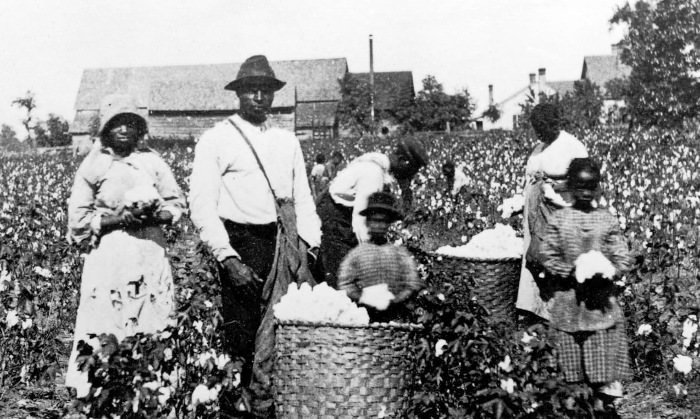
“Slavery was a choice.”
“Taxes are voluntary.”
These two statements have a lot in common, both being partly true, both being mostly false, and both having more to do with indoctrination than anything else.
To pretend that taxes are “voluntary,” or that slavery was a choice, while leaving out the obvious violence used against those who don't “choose” or “volunteer” to have their life blood extorted by others, doesn't really make sense. By analogy, if a car-jacker points a gun in your face, and to save your own life you decide to hand him your keys, was that you “voluntarily” giving him your car? Was it you “choosing” to give him your car? (Well, sort of, but certainly not freely choosing.)
At the same time, in both cases—“taxation” and slavery—the evil is enabled by the victims being trained to imagine an obligation to cooperate with their own victimization. In both cases, the mentality of the victim, resulting from massive propaganda and indoctrination, is essential for the victimization to continue. In both cases, human beings have been trained to accept and even condone and defend their own enslavement.
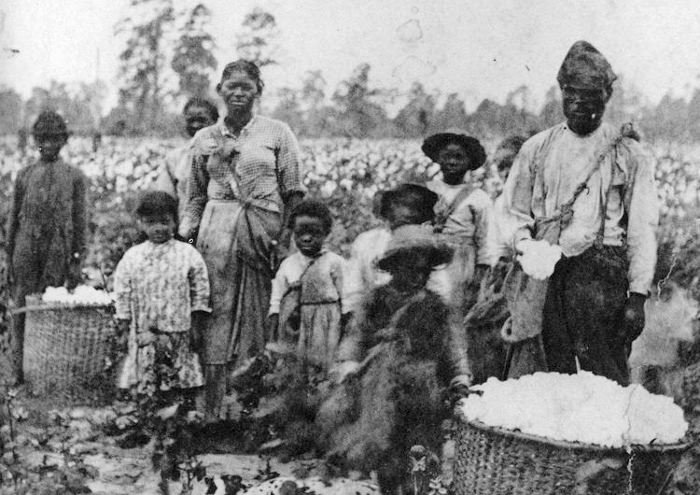
At this point, a number of well-trained subjects are likely to object: “Are you really comparing taxation to slavery?!” Yes, I absolutely am, because they are immoral for the exact same reason: taking the fruits of someone else’s labor without his consent is wrong. Of course, the overt brutality and oppression involved in chattel slavery is almost always worse than that involved in “taxation” (although some people in recent times have ended up being caged and/or killed for not paying “taxes”). But that is only a difference in degree, not a difference in the fundamental nature of the arrangement. By analogy, if chattel slaves were only forced to labor an hour a day, and given far better food and living quarters, the degree of their suffering would have been less, but that wouldn’t make slavery itself any more moral.
Making slavery gentler, or making the slaves more comfortable, does not make slavery okay. There is not some magic percentage of extortion which suddenly becomes moral and righteous. Incidentally, no slave owner ever “taxed” his slaves at 100%, or they would have died. Plantation owners would allow slaves to use some of their time and energy doing things like building their own shelters, growing their own food, etc. Furthermore, most slave-owners “gave” their slaves some things that they couldn’t produce or manufacture themselves (e.g., tools, supplies, clothes, etc.). Does that retroactively make slavery justified? Does it make it a legitimate, “voluntary” arrangement? Of course not.
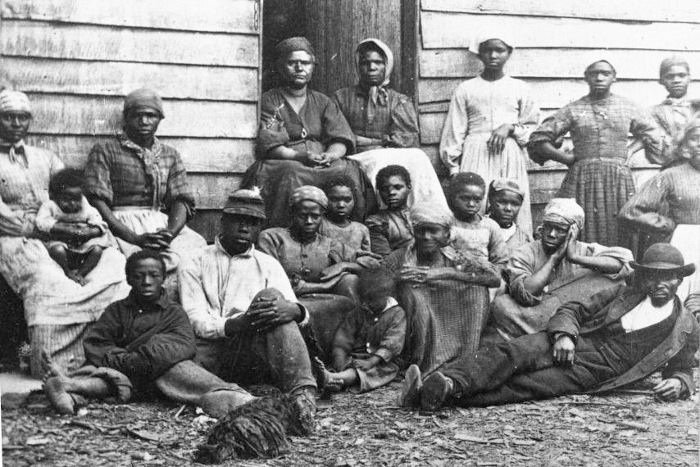
Nor does the mass extortion known as “taxation” magically become moral just because politicians may give back some of what they stole, by way of “benefits.” And yet today, many “taxpayers” will still vehemently attempt to defend and justify their own victimization, just as many slaves a couple hundred years ago viewed slavery as legitimate and proper, and viewed runaway slaves as thieves, for “stealing” themselves from their masters. If you doubt this, read some of the writings of Frederick Douglass, a former slave himself.
And speaking of Mr. Douglass, here is a quote from him that perfectly applies both to chattel slavery as well as “taxation” in general:
“To make a contented slave, you must make a thoughtless one. It is necessary to darken his moral and mental vision, and, as far as possible, to annihilate his power of reason. He must be able to detect no inconsistencies in slavery. The man that takes his earnings, must be able to convince him that he has a perfect right to do so. It must not depend upon mere force; the slave must know no Higher Law than his master's will. The whole relationship must not only demonstrate, to his mind, its necessity, but its absolute rightfulness.” - Frederick Douglass
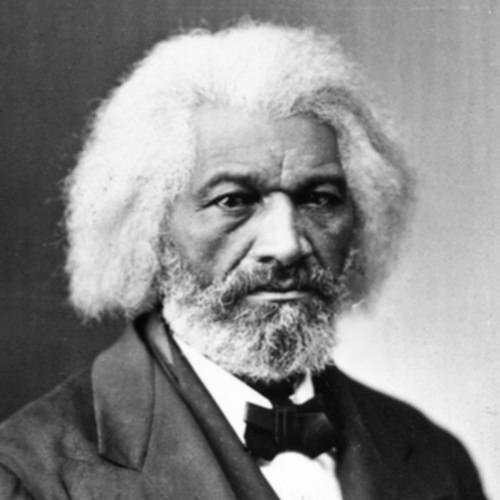
Incidentally, if you read further through Mr. Douglass’ autobiographical writings, you will learn that at one point, he was “allowed” to transform from a basic slave, into the victim of the equivalent of an “income tax,” where he could earn some money for himself, with his master/owner deciding how much of his earnings he would be allowed to keep. Here are the astute observations regarding such an arrangement, from someone who had experienced direct slavery first-hand:
“I was to be allowed all my time; to make all bargains for work; to find my own employment, and to collect my own wages; and, in return for this liberty, I was required, or obliged, to pay him three dollars at the end of each week, and to board and clothe myself, and buy my own calking tools. … Master Hugh seemed to be very much pleased, for a time, with this arrangement; and well he might be, for it was decidedly in his favor. It relieved him of all anxiety concerning me. His money was sure. He had armed my love of liberty with a lash and a driver, far more efficient than any I had before known; and, while he derived all the benefits of slaveholding by the arrangement, without its evils, I endured all the evils of being a slave, and yet suffered all the care and anxiety of a responsible freeman.” - Frederick Douglass
Imagine that. An actual slave, realizing that being “taxed” was, at its very essence, as bad or worse than outright, overt slavery.
So when Kanye West—a man with a much larger ego and a much smaller intellect than Frederick Douglass—says that slavery was a “choice,” there is at least some truth in that. The question is, does he recognize that the exact same thing is still also true of those modern American blacks (and modern slaves of all other colors) who still view “taxation” as legitimate and righteous, and still express pride at being “law-abiding taxpayers”?
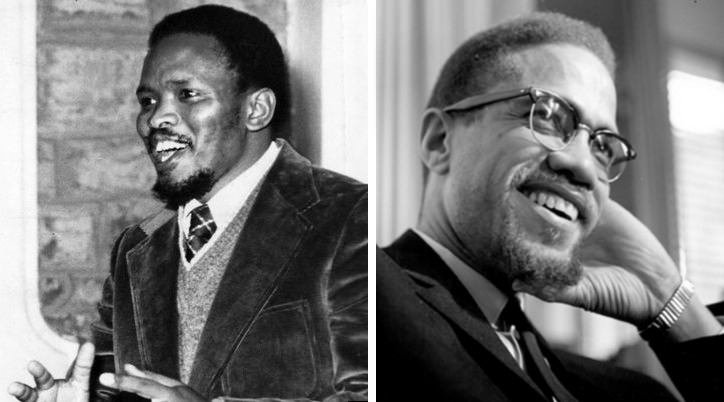
“The most potent weapon of the oppressor is the mind of the oppressed.” - Steven Biko
“If you're not careful, the newspapers will have you hating the people who are being oppressed, and loving the people who are doing the oppressing.” - Malcolm X
Who the bleep is Kanye West? Is there a Kanye East too? This guy?
Larken,
I figured that this would be a subject that you would touch on eventually. I cannot pretend that the option to disobey did not exist for former slaves and does not continue to exist for those being taxed. It does exist in both cases, but many slaves or statist will never understand it as a choice. However, it is not to out of place to express that slavery was a choice or that taxation is voluntary for someone who chooses not to be a slave or statist.
I think the whole point about such a comment is to convey that man always has a choice, but his perception of his circumstances can be muddled in such a way that he sees no alternative. Much like a statist who cannot see past the idea of someone in authority, a slave cannot see the choices that are clearly outlined in front of them as viable ones. Whether it be fear-based or systematically ingrained through generational teaching, it still gives one the illusion of never escaping from its clutches seems very real. A slave or a statist in the truest sense will never see a choice. The moment that he is free from such tyranny the choices become self-evident. At that point, he can either live under slavery or do everything in his power to choose an alternative path. He may die in the struggle to gain freedom, but it is a choice that does exist.
So instead of the simple phrase of slavery is a choice or taxation is voluntary these phrases should be clarified.
Slavery is a choice - that any principled, self-thinking man will wholeheartedly recognize and weigh the options at hand.
Or
Taxation is voluntary -- to the men and women who understand that no individual or government has the right to the products of any one person's labor.
Liberty, Death, or slavery. Those are three clearly distinct choices that people may or may not choose to recognize. Each man and woman must decide for themselves if their drive for freedom outweighs the risks that may occur in fighting for their principles.
#Bioshock
For as long as the earth remains, slavery will never cease. Even right now as I am typing and making this comment, many who are reading the post could be in chains! Although not physically, but chained in their minds and thinking!
To gain a deeper understanding of what I am trying to say, please visit https://biblelearnersministries.org
"I freed a thousand slaves; I could have freed a thousand more if only they knew they were slaves."
—Harriet Tubman
Accurate sentiment, but probably inaccurate quote.
You're correct. I should have done more careful checking before posting it. :-/
Thank you. One of the times when I was locked up, I was talking to someone about today's slavery. A black guy threatened to hurt if me if I mentioned slavery as a white man.
I'm afraid I don't know how to effectively disarm that kind of programming. How do you get a point across to people who will condemn your use of language on such a basis?
“To make a contented slave, you must make a thoughtless one. It is necessary to darken his moral and mental vision, and, as far as possible, to annihilate his power of reason." - So true. The entire human society is founded on this thought.
Yes. "the most powerful tool of the oppressor is the mind of the oppressed" .
Whether it is the schools, offices, government, taxation system , anything. It is all about creating the "SLAVE" . Albeit a "Contented Slave" !
100% . Resteemed & Followed. :)I loved every word of your article, @larkenrose . Awesome. It describes the Human society accurately.
Coerced compliance isn't consent. A "choice" at gunpoint isn't a voluntary decision. How hard is this to understand?
I still love Kanye though!
Great article! Thanks for sharing!
Slavery is the worst things in the world. I don't support it.
It was a very bad tradition in world.